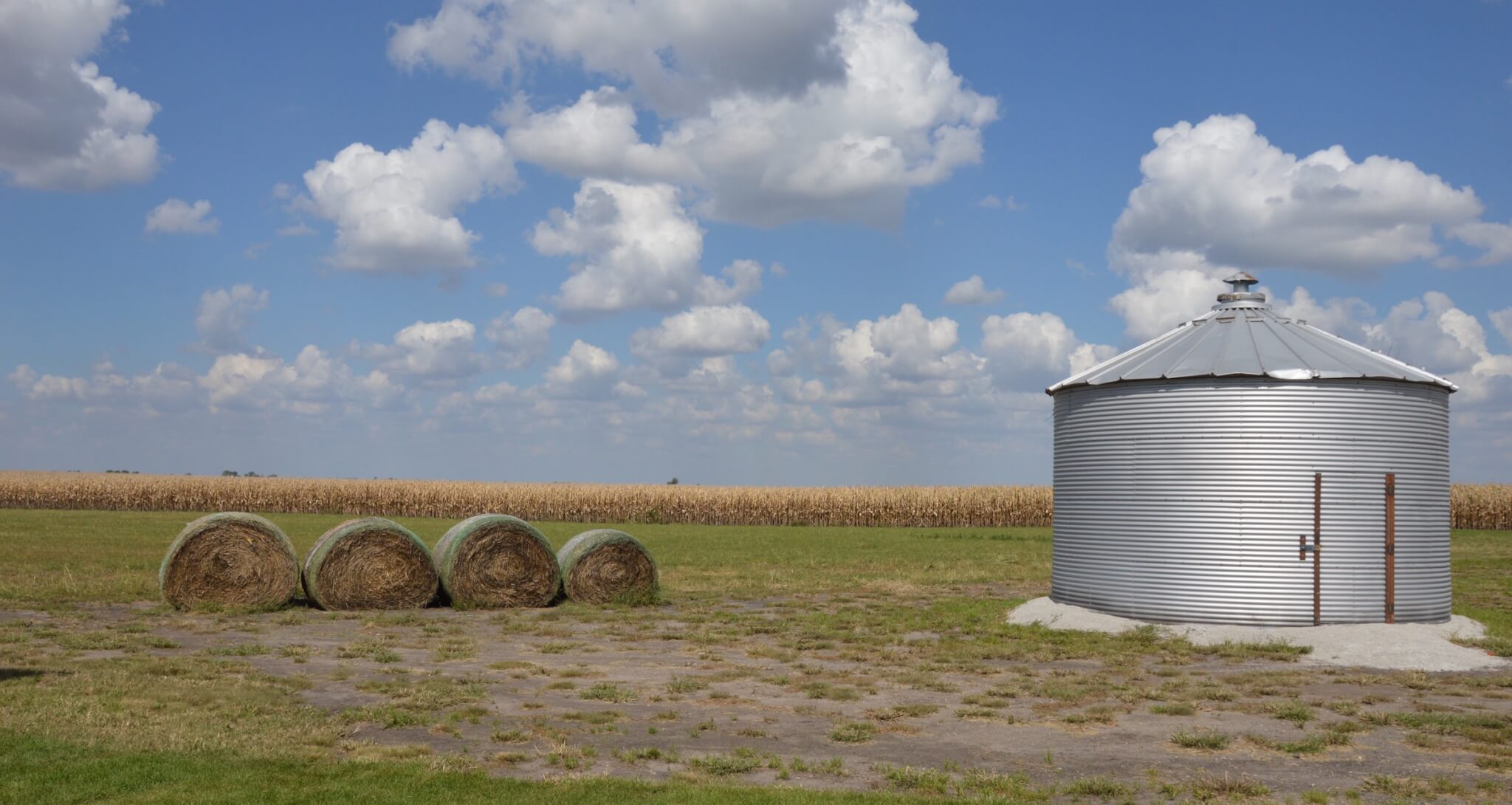
The issue of climate change temporarily has fallen off the news radar as the public responds to the horrific shootings in El Paso, Texas, and Dayton, Ohio.
As a result, much of the public likely missed last week’s latest warning from the United Nations about threats to worldwide food supplies due to climate change.
The special report by the UN Intergovernmental Panel on Climate Change (IPCC) warned of the risk to worldwide food supplies from an overheated planet. The report, “Climate Change and Land,” describes the essential role soil health plays in reducing carbon dioxide in the atmosphere.
“Limiting global warming to 1.5 or even two degrees (Celsius) will involve removing carbon dioxide from the atmosphere, and land has a critical role to play in carbon dioxide removal,” said Dr. Jim Skea, co-chair of the UN working group. “Agricultural practices can help build up carbon in soils, but it could also mean using more bio-energy with or without carbon capture and storage and expanding forests.”
The Environmental Protection Agency estimated in 2017 that agriculture contributes approximately 9% of total carbon emissions. Greenhouse gas emissions from agriculture come from livestock, agricultural soils and rice production.
There is a growing recognition that farmers can play an essential role in addressing climate solutions. Past conventional agricultural practices have resulted in stripping carbon from soil. There is a growing agricultural movement to switch to an alternative carbon farming approach. Carbon farming, also known as regenerative agriculture, focuses on sequestering carbon in the soil.
[inline-ad id=”0″]
To reverse the effects of climate change, we must reduce the amount of carbon pumped into the atmosphere. Moving large quantities of carbon in the atmosphere to the soil reverses agriculture’s role from a carbon generator to a carbon sequester. Farmers become part of the solution, as opposed to being part of the problem.
There are other benefits, too. Carbon farming provides farmers an opportunity to change the trajectory of climate change while improving their soils. In addition, the same regenerative farming practices holding carbon in the soil are the identical techniques needed to improve Iowa’s poor water quality. Carbon farming improves soil health and the ability of soil to capture and hold water. That improves resilience in the face of climate-enhanced droughts and flooding.
One of the Iowa leaders promoting carbon farming is Matt Russell, executive director of Iowa Interfaith Power and Light, a faith-based organization mobilizing farmers for climate action. Last week, Russell co-wrote an opinion piece published in the Des Moines Register. Their opinion piece suggested farmers must be compensated if we expect them to provide environmental services. There is a cost to farmers to implement resilient agricultural practices. But, they argue, benefits to the climate outweigh financial costs.
“Paying farmers to help solve global warming creates numerous collateral benefits: improved water quality, increased biological diversity, fewer pesticides and herbicides, and rural economic development as carbon farming requires higher levels of management and labor,” according to Russell and Robert Leonard.
In May, Russell testified about farming and climate change before a House Select Committee in Congress.
“We must start believing in American farmers,” he said. “We can solve global warming by unleashing the power of American farmers to solve problems.”
Another rural Iowa leader speaking up about the potential of carbon farming is Art Cullen, editor of the Storm Lake Times. Cullen was awarded the 2017 Pulitzer Prize in editorial writing for his reporting on corporate agriculture. In a recent piece in his paper, he made the case for incentivizing farmers to solve environmental problems.
“The idea spreading across what was once tallgrass prairie: Use small grains and cover crops, like rye, in rotation with corn and soybeans to absorb excess nitrogen, draw down C02 from the atmosphere and incorporate it into the soil through roots and decomposition. Estimates vary, but there is serious science to suggest that altering our cropping patterns in conjunction with grazing cattle on grass can reduce carbon in the atmosphere by a trillion tons,“ Cullen wrote.
Democrats are searching for ways to connect farmers and rural Iowa. Financially assisting farmers while addressing climate change can be a win-win by uniting urban and rural Iowans.
By Rick Smith
Posted 8/13/19

Big corporations are suing to block Biden’s efforts to lower costs
From the cost of medication to education to everyday expenses, the Biden administration has passed several laws and implemented many federal rules...

Iowa Republicans make outlawing gay marriage key 2024 campaign priority
Iowa Republicans have made outlawing gay marriage a key goal in their 2024 party platform. During the Iowa GOP’s 2024 state convention on Saturday,...

Department of Justice says Iowa immigration law violates US Constitution
If Iowa doesn’t suspend the enforcement of its new immigration law by May 7, the state could face a federal lawsuit, according to the Des Moines...

Rushing: Iowa State president said the quiet part out loud
I want to thank Iowa State University President Wendy Wintersteen for doing us all a favor by finally saying the quiet part out loud: all the...

Iowa sets aside almost $180 million for year two of voucher program
Iowa has committed nearly $180 million in taxpayer funds to support private school tuition in the 2024-25 school year, which is almost $50 million...

Kalbach: Immediate action needed on corporate ag pollution
Iowa agriculture has undergone substantial changes over the past 40 years. We see it all around us. Rather than crops and livestock being raised on...




